The 2008 Sichuan earthquake was,as all major earthquakes tend to be, a hardly fathomable catastrophe.
8.0地球瓶,也被称为“温chuan Earthquake”, leveled the majority of the Sichuan province, leaving roughly 4.8 million people without homes, and taking the lives of 80,000. The profound loss was incomprehensible, but one town stood out with a tragedy of tragedies—in the city of Beichuan, the large, populated high school had partially collapsed, killing over 1,300 of Beichuan’s children.
China immediately began to rebuild, but the devastation was widespread, and it would take time. Either razed or evacuated due to a number of strong aftershocks, many towns and cities including Beichuan became eerie ghost towns, many still hoarding the remains of their dead. In Beichuan, only 20% of the buildings are left standing, a complete loss, and without the resources to dig through the rubble and recover the countless bodies, it stands as an entire town-turned-gravesite. Since the quake, Beichuan has become the place that represents the magnitude of the calamity. A museum has been erected on the remains of the doomed high school, and memorial wall with the names of the tens of thousands lost stands too tall and too long. The rest of the town will remain in shambles, a graveyard of nature’s design. Visitors travel from all over to come to Beichuan and grieve, paying their respects to the victims of this epic catastrophe. In a currently growing trend of governments leaving the preserved remains of a disaster as a memorial, its preservation has assured that it will remain a place of ghosts, as long as those ghosts are remembered.









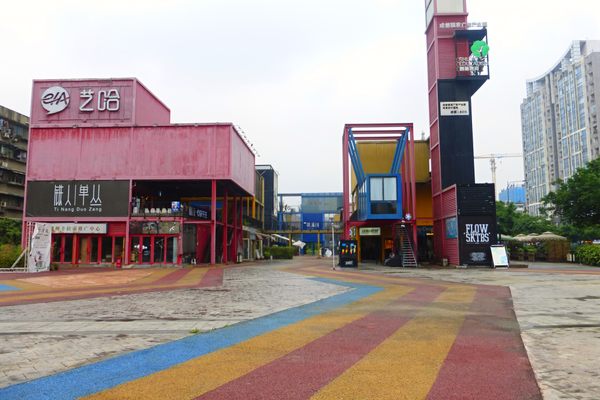

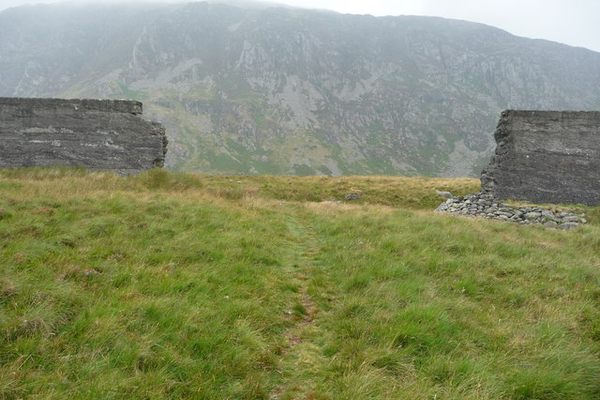
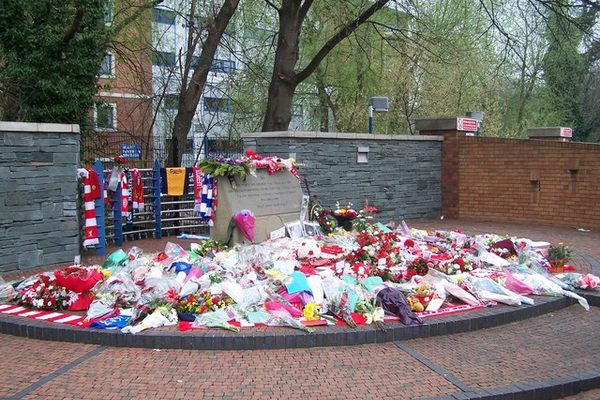
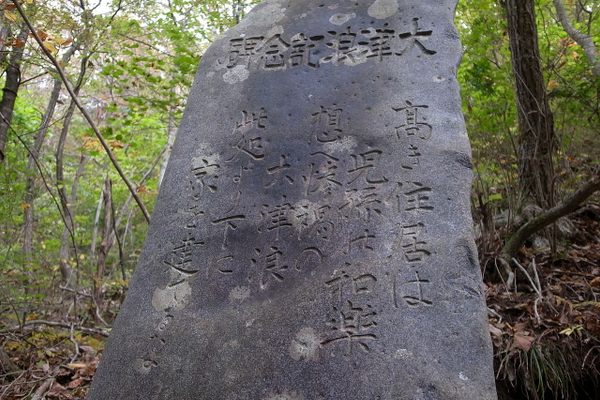
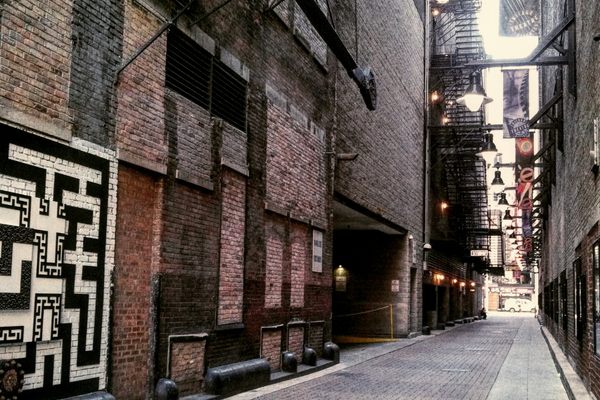

Follow us on Twitter to get the latest on the world's hidden wonders.
Like us on Facebook to get the latest on the world's hidden wonders.
Follow us on Twitter Like us on Facebook